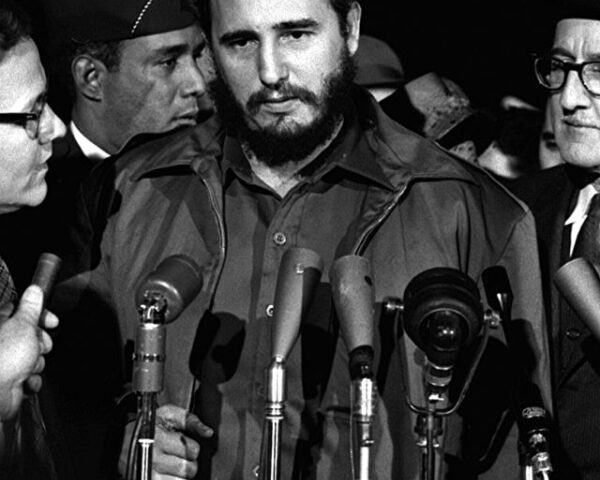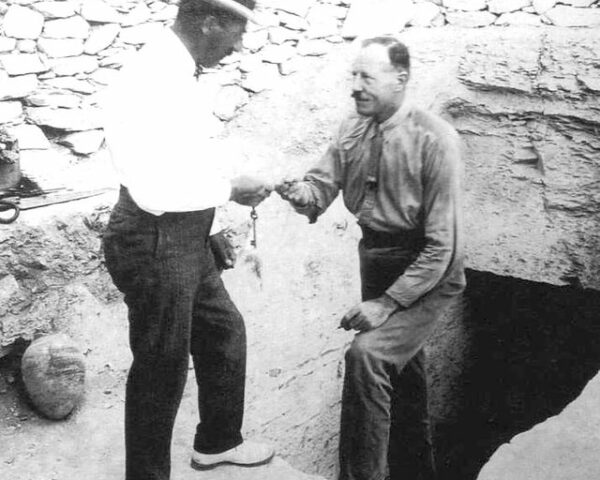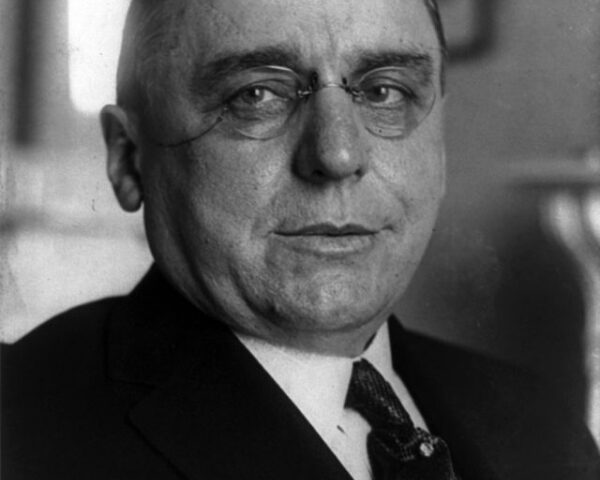Mohamed Bouazizi, a Tunisian street vendor born on March 29, 1984, became an unwitting symbol of resistance and change when he set himself on fire on December 17, 2010. His tragic act was a desperate response to the constant harassment and corruption he faced at the hands of local authorities who confiscated his goods and undermined his livelihood. Bouazizi’s self-immolation, driven by frustration and a yearning for dignity, ignited a spark that launched the Arab Spring.
Bouazizi’s protest catalyzed the Tunisian Revolution, sometimes called the Jasmine Revolution, a series of protests and demonstrations demanding an end to autocratic rule and corruption. The people, particularly the youth, rallied around his plight, and the widespread unrest eventually led to the ousting of President Zine El Abidine Ben Ali in January 2011. The success of the Tunisian Revolution reverberated across the Arab world, inspiring similar movements in countries like Egypt, Libya, Yemen, and Syria.
The collective uprisings that followed Bouazizi’s self-immolation became collectively known as the Arab Spring. A fervent desire for political reform, economic justice, and an end to authoritarian rule characterized these movements. While the outcomes varied across different nations, the Arab Spring marked a significant shift in the political landscape of the Middle East, challenging longstanding regimes and reshaping the region’s geopolitical dynamics.
Bouazizi’s protest demonstrated the profound impact that an individual’s struggle against injustice could have on a larger scale. His sacrifice fueled a wave of change that transcended borders and inspired millions to demand their rights and liberties. Although the Arab Spring led to a complex and often tumultuous aftermath, Mohamed Bouazizi’s self-immolation remains a poignant symbol of the enduring human quest for freedom, justice, and self-determination.






